Author: Fred Kennedy
-
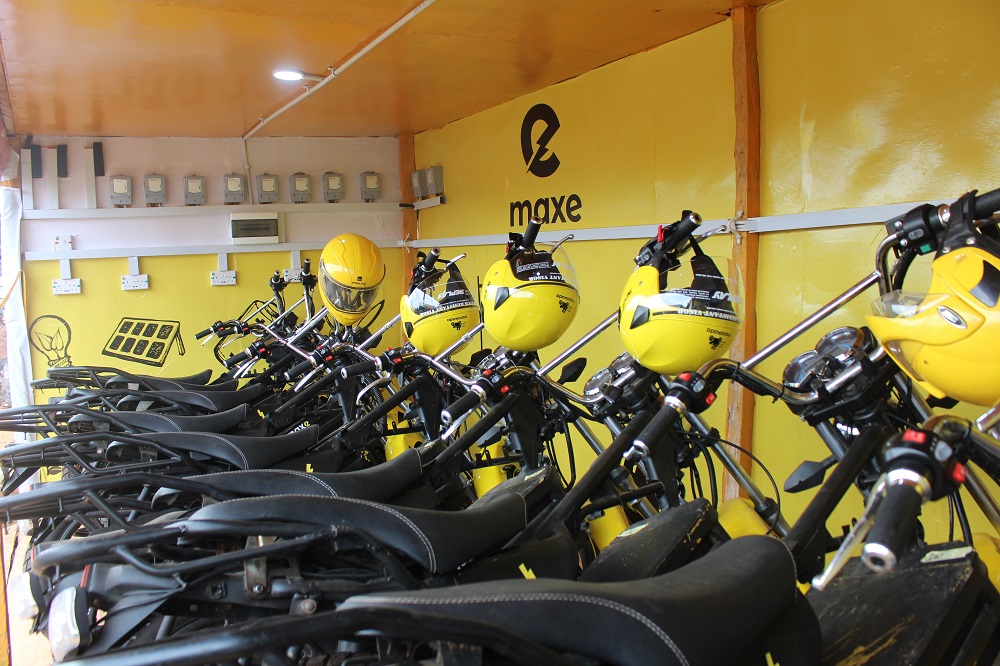
Nigeria’s MAX Raises $24 Million to Scale Electric Mobility Financing
Metro Africa Xpress (MAX), a Lagos-based mobility financing firm, has secured $24 million in a combined equity and debt investment, reinforcing its shift to electric vehicle (EV) financing across West and Central Africa while building on recent profitability in its home market.
-
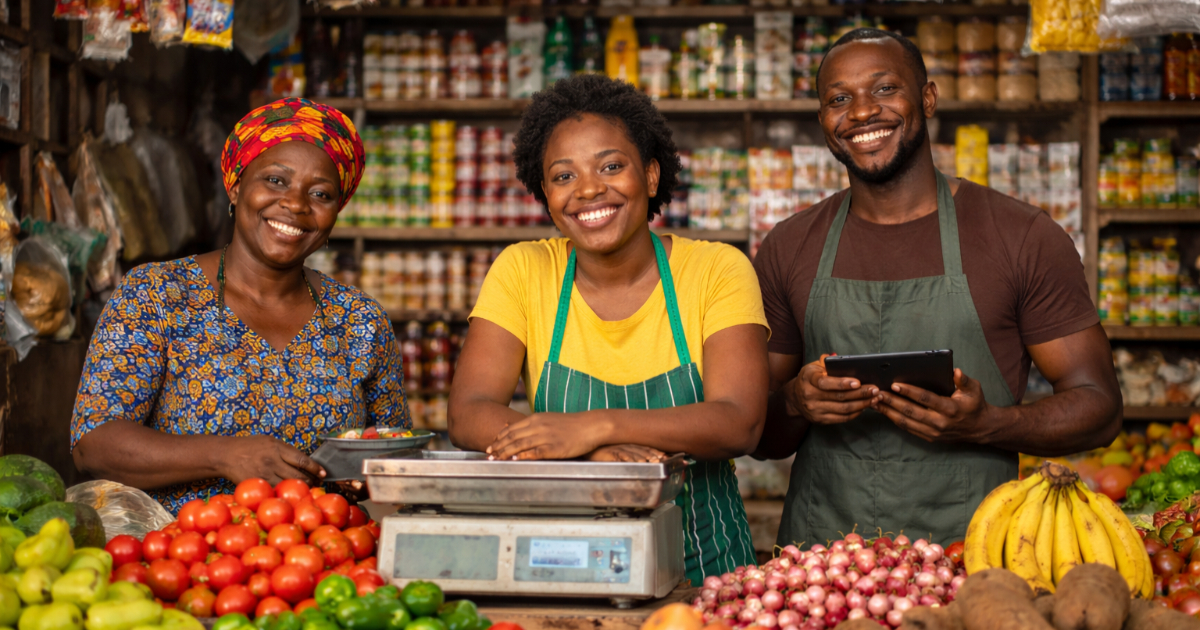
Impact Fund Denmark Commits $15m to Verdant Capital Hybrid Fund to Expand Small Business Financing Across Africa
Impact Fund Denmark has declared a new $15 million investment in the Verdant Capital Hybrid Fund (VCHF) to expand financing for small businesses and entrepreneurs across Africa.
-
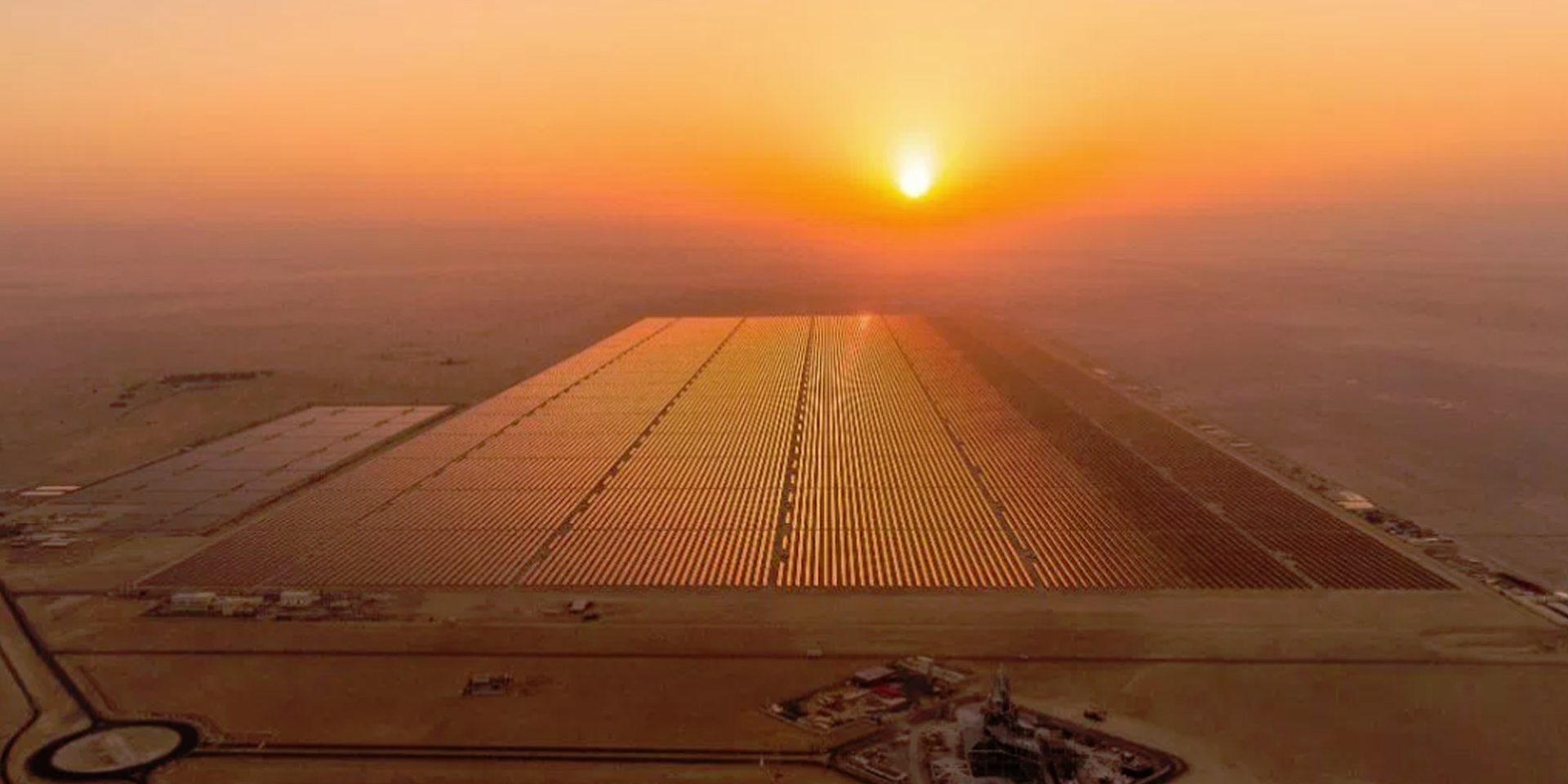
DEG Backs Cygnum Capital’s Africa Go Green Fund with €30m to Scale Climate Solutions in Africa
DEG, Germany’s development finance institution, has agreed to provide a €30 million loan to the Africa Go Green Fund (AGG), a debt fund managed by Cygnum Capital, to support the expansion of climate-oriented businesses across the African continent.
-
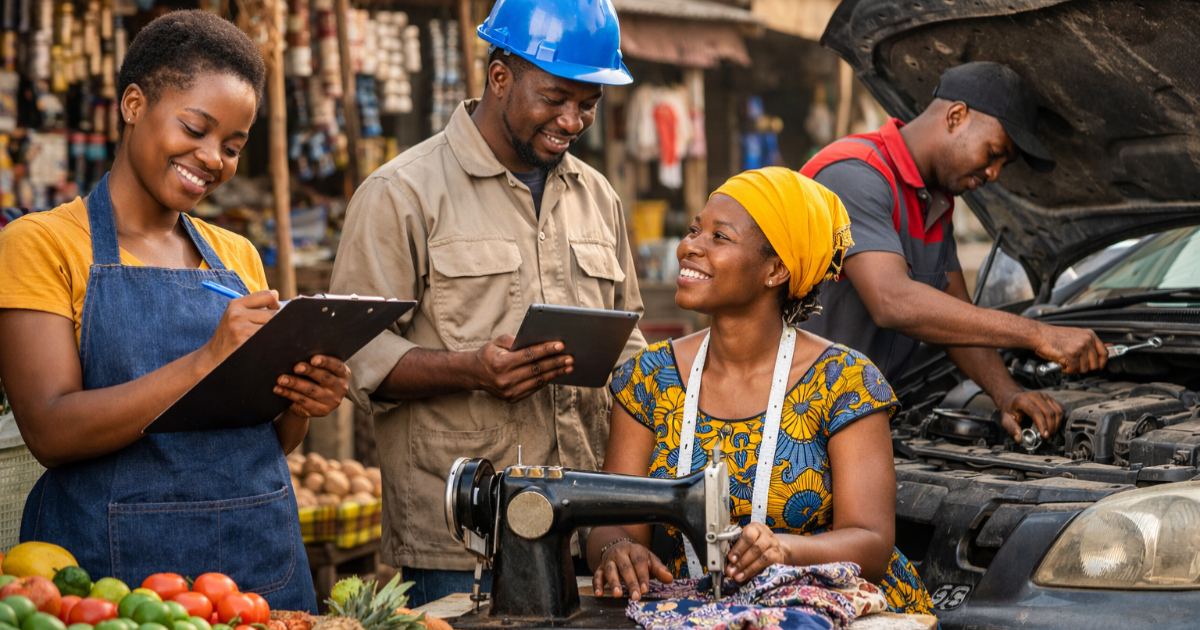
IFC Proposes $30 Million Equity Investment in Adenia’s Pan-African SME Fund
The International Finance Corporation (IFC) has announced plans to invest up to $30 million in equity in the Adenia Entrepreneurial Fund I, a private equity vehicle that focuses on supporting small and medium-sized enterprises (SMEs) and small-cap companies across Africa.
-
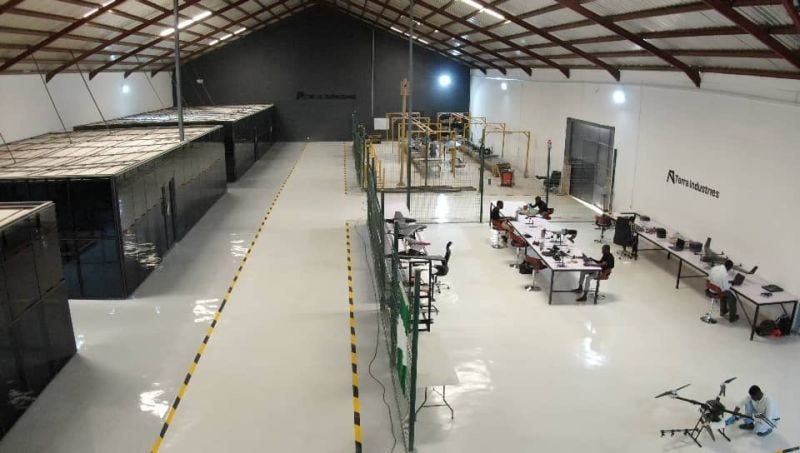
Nigerian Drone Startup Terra Industries Secures $11.75m to Expand Homegrown Defence Technology Across Africa
Nigerian defence technology startup Terra Industries has successfully secured $11.75 million in new capital in a funding round spearheaded by 8VC, the venture capital firm co-founded by Palantir’s Joe Lonsdale.
-
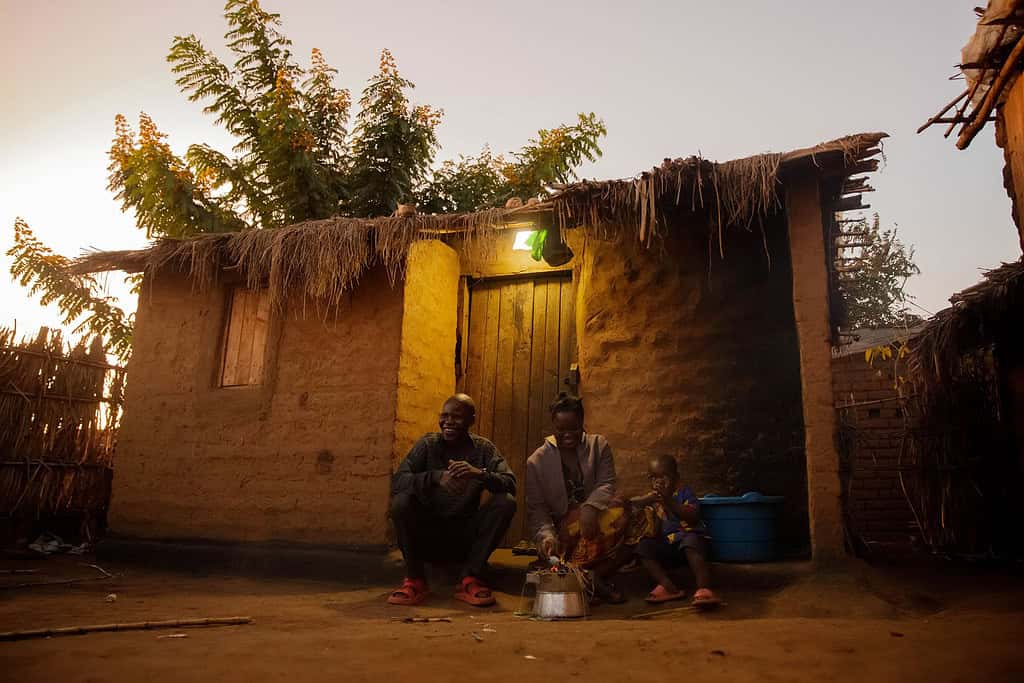
Acumen’s Hardest-to-Reach Initiative Hits $250 Million to Broaden Clean Energy in Africa
Impact investment firm Acumen has confirmed that its flagship Hardest-to-Reach Initiative (H2R) has successfully raised $250 million in blended finance to expand access to clean and affordable energy across underserved regions in sub-Saharan Africa.
-
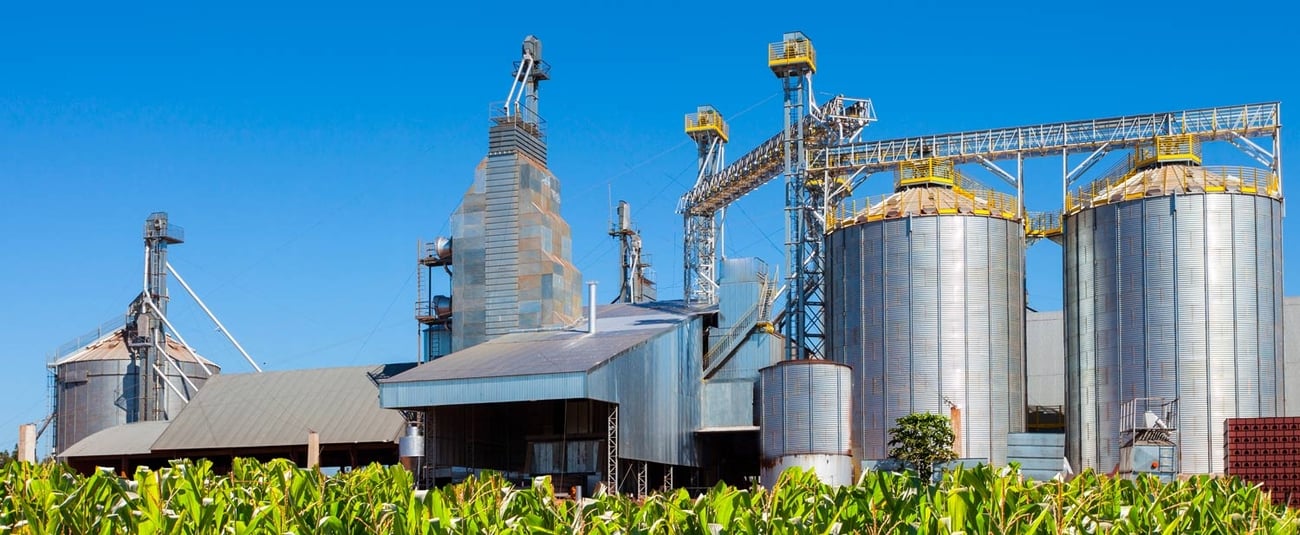
African Development Bank Group Welcomes OPEC Fund and TDB Group to Special Agro-Industrial Processing Zones Alliance
The OPEC Fund for International Development and the Trade and Development Bank Group (TDB Group) have officially become members of the Alliance for Special Agro-Industrial Processing Zones (SAPZ), reinforcing collective efforts to expand agro-industrial activity across Africa.
-
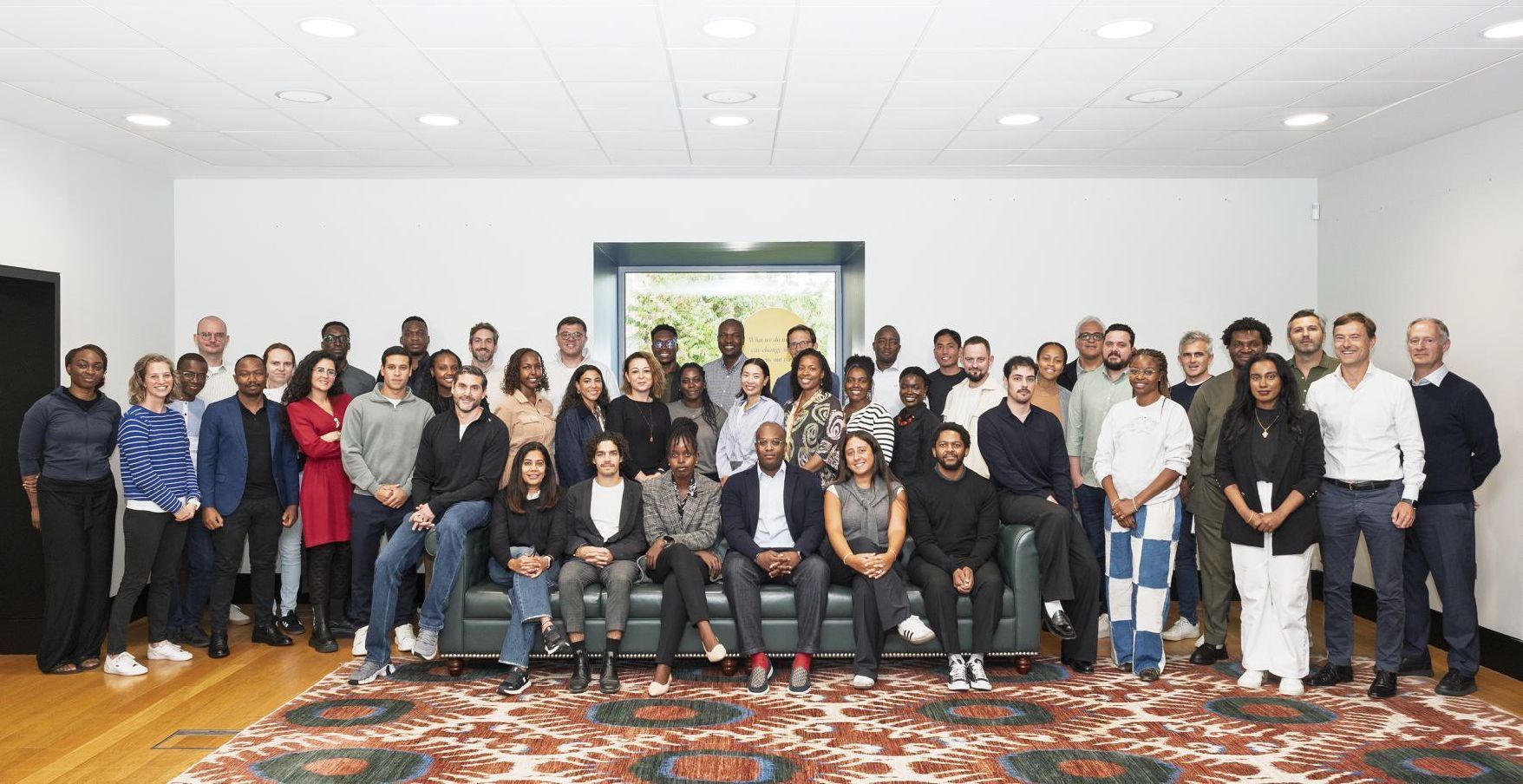
German DFI DEG Commits $50 Million to DPI’s Fourth Africa-Focused Private Equity Fund
German development finance institution DEG (Deutsche Investitions- und Entwicklungsgesellschaft) has confirmed it will commit $50 million to African Development Partners IV (ADP IV), the latest private equity vehicle managed by Development Partners International (DPI).
-
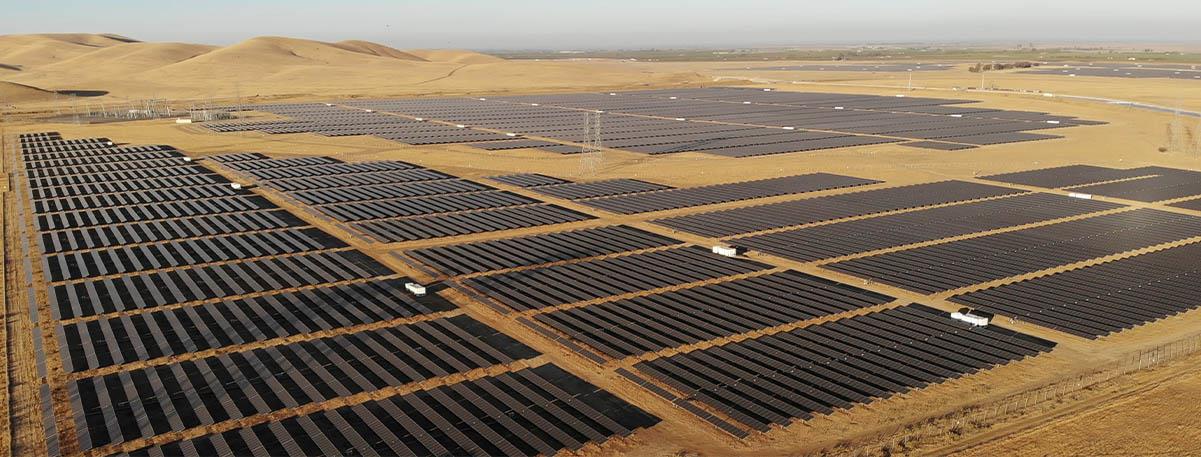
BII Backs Egypt’s Abydos II Solar and Battery Project With $37m Investment to the Clean Energy Transition
British International Investment (BII), the United Kingdom’s development finance institution, has agreed to provide a $37 million investment for the Abydos II Solar PV and Battery Energy Storage System (BESS) project in Egypt, reinforcing the country’s transition to renewable energy.